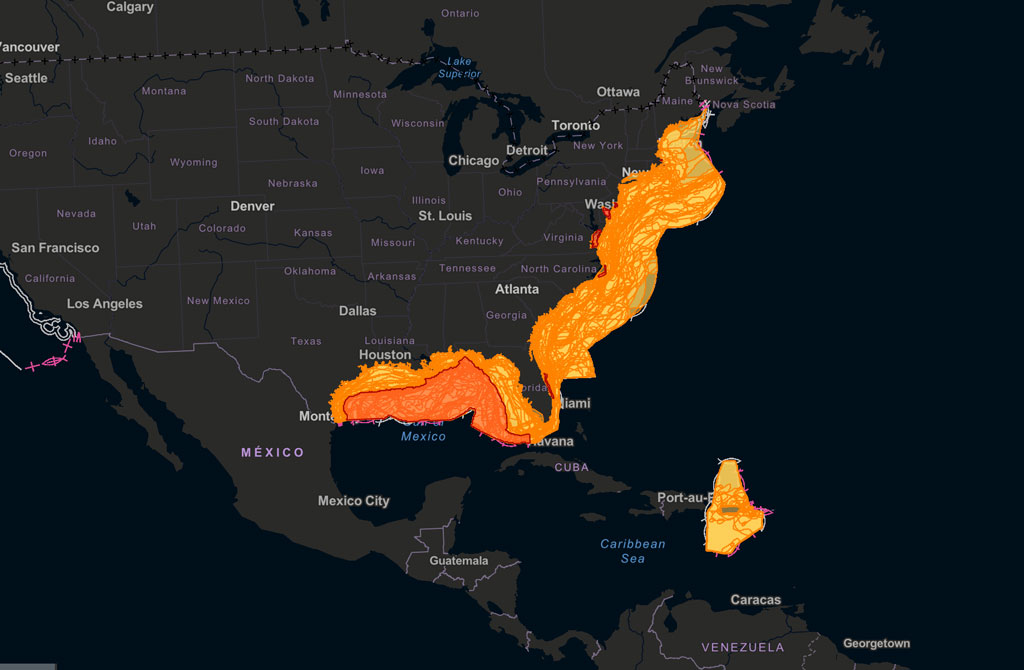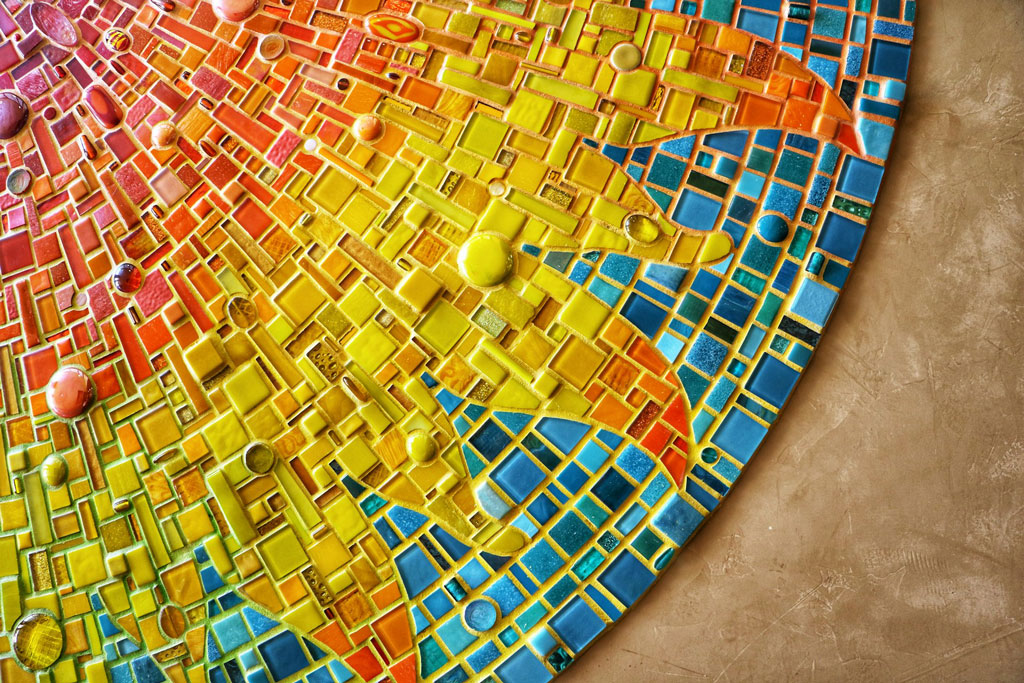AAG JEDI Committee Resources for Defending Geographic Inquiry and Our Communities
Key values and ethical commitments held by geographers, including those encapsulated in the AAG Statement of Professional Ethics, have been challenged by presidential executive orders, Dear Colleague letters, and other executive branch actions. This resource guide aims to gather a usable set of materials to inform action across a range of issues and groups that have been directly targeted. Two throughlines in these documents are recommendations: 1) to refuse anticipatory obedience and its iterations of over-compliance or anticipatory compliance; and 2) to organize to assert rights as part of defending our communities.
We will add to and update with new material. Please message [email protected] with resources you would like to recommend.
Defending Immigrants
Statements
- National Immigration Law Center, Analysis of Trump’s Day 1 Executive Orders: Unconstitutional, Illegal, and Cruel, January 21, 2025
Organizing Networks & Resources
- National Immigration Law Center, Know Your Rights Under the U.S. Constitution – No Matter Who Is President: https://www.nilc.org/resources/everyone-has-certain-basic-rights/
- National Immigration Law Center, Protecting Immigrant Students and Employees: Guidelines for Higher Education Institutions
- American Association of University Professors (AAUP), Fact Sheet on Dealing with ICE on Your Campus
- American Immigration Lawyers Association: Advocacy tool (https://www.aila.org/advocacy-tools)
- Sanctuary Campus Network, U.S.-based organizing network
Defending JEDI
Statements, Research
- Robert Wood Johnson Foundation CEO & President Statement Condemning Executive Order Backsliding on DEI and Health, January 23, 2025
- Garces, Liliana. 2025. Hitting pause on the Dear Colleague Letter. Chronicle of Higher Education.
- Fact sheet on diversity, equity, inclusion, and accessibility (AAUP Center for the Defense of Academic Freedom)
- Fact sheet on weaponizing civil rights law (AAUP Center for the Defense of Academic Freedom)
- AAG Statement on Academic Freedom
Organizing Networks & Resources
- Education for All network, reported in Inside Higher Ed, Jan 27, 2025
- Researcher Support Consortium
- Professional Liability Insurance, offered through AAG
Defending Academic & Scientific Inquiry
Statements, Research
- AAUP, Against Anticipatory Obedience, Jan 23, 2025
- Social Science Research Council (SSRC), President’s Post, “Achieving Government Efficiency Requires More, Not Less, Investment,” Feb 18, 2025
- COGR: 2025 Administration Transition Information and Resources
- AIP summary of possible future for science agencies
- The Chronicle of Higher Education: What Will Trump Mean for Higher Ed (compilation of articles and analytics)
- AAG Support for Critical Geography
Organizing Networks & Resources
- Carter, J., Rosenberg, A. & K. Rest. What I Can Do to Defend Federal Science, SciLight, Jan 27, 2025
- Researcher Support Consortium
- Professional Liability Insurance, offered through AAG
Defending LGBTQ+ People
Statements, Research
- GLAAD, Statement and Resources for the LGBTQ Community on the 2025 Presidential Inauguration and Incoming Administration, January 18, 2025
- S. Department of Education Issues (and Re-Issues) Dear Colleague Letter on Title IX, Feb 4, 2025 (and other letters on prior dates)
- Redfield, E. Impact of Ban on Gender-Affirming Care on Transgender Minors. UCLA School of Law WIlliams Institute, January 2025
- Redfield, E. & I. Chokshi. Impact of the Executive Order Redefining Sex on Transgender, Nonbinary, and Intersex People. UCLA School of Law WIlliams Institute, January 2025
- AAUP Center for the Defense of Academic Freedom, Fact sheet on gender identity
Organizing Networks & Resources
Data Repositories for Federal Agency Data
- University of Virginia Library: Government Information Data Rescue
- Public Environmental Data Partners: Data + Screening Tools
- DataLumos Project at ICSPR
- EDGI (Environmental Data and Governance Initiative)
Digital Security
Statements, Research
Addressing Transnational Repression on Campuses in the United States. 2024. Freedom House
Organizing Networks & Resources
- Electronic Frontier Foundation, Surveillance Self Defense
- Amnesty International, Digital Resource Hub
Legal Defense & Liability Insurance
Statements
(Check back for resources to be added)
Organizing Networks & Resources
- Climate Science Legal Defense Fund, including a pocket guide for scientists handling political harassment
- Researcher Support Consortium
- Professional Liability Insurance, offered through AAG
- Transgender Law Center Legal Information Helpdesk
Mental Health
- Weingarten, Kaethe. 2025. “Strategies for a firehose of news.” Migrant Clinicians Network
- “Mental health during global conflict” Mental Health America
- Bartels, Meghan. 2025. “Why the News Feels Overwhelming—And How to Cope.” Scientific American.
- Resources in the March 2025 Newsletter of the AAG Mental Health and the Academy Affinity Group
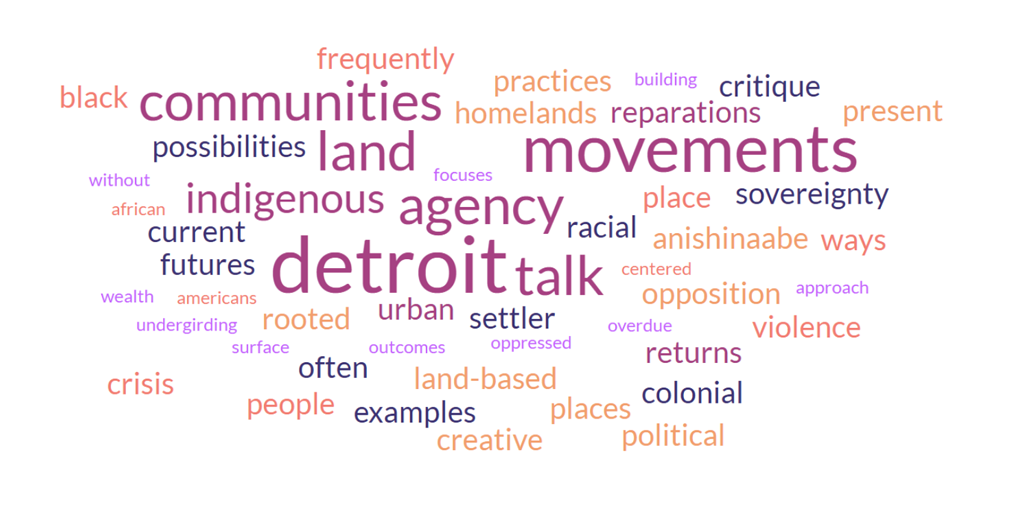


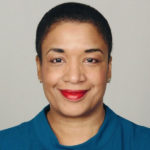
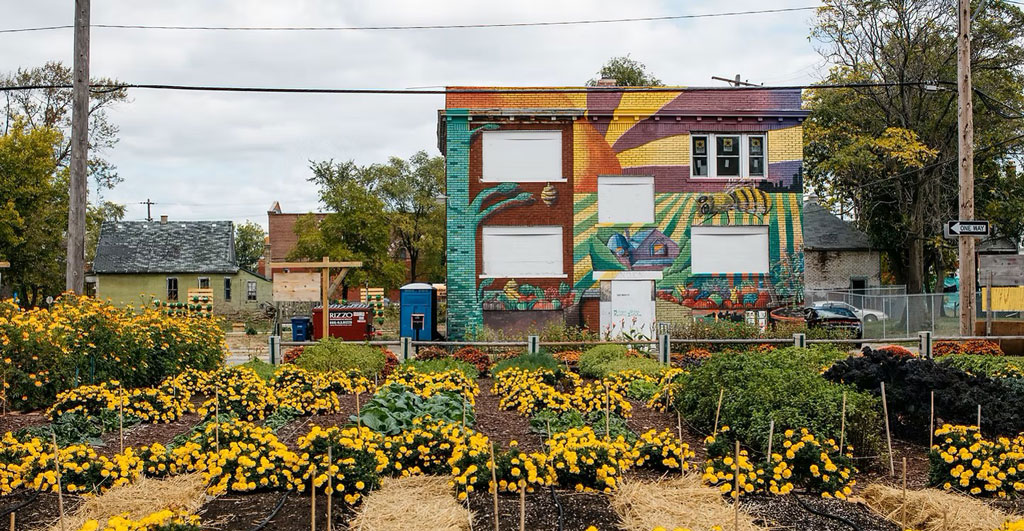
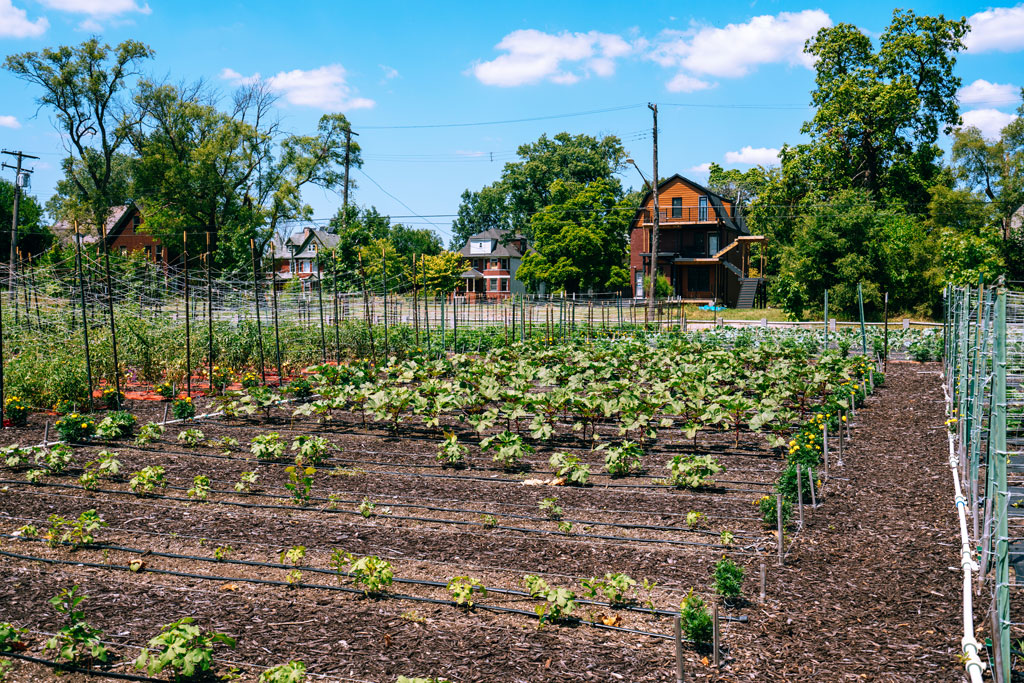
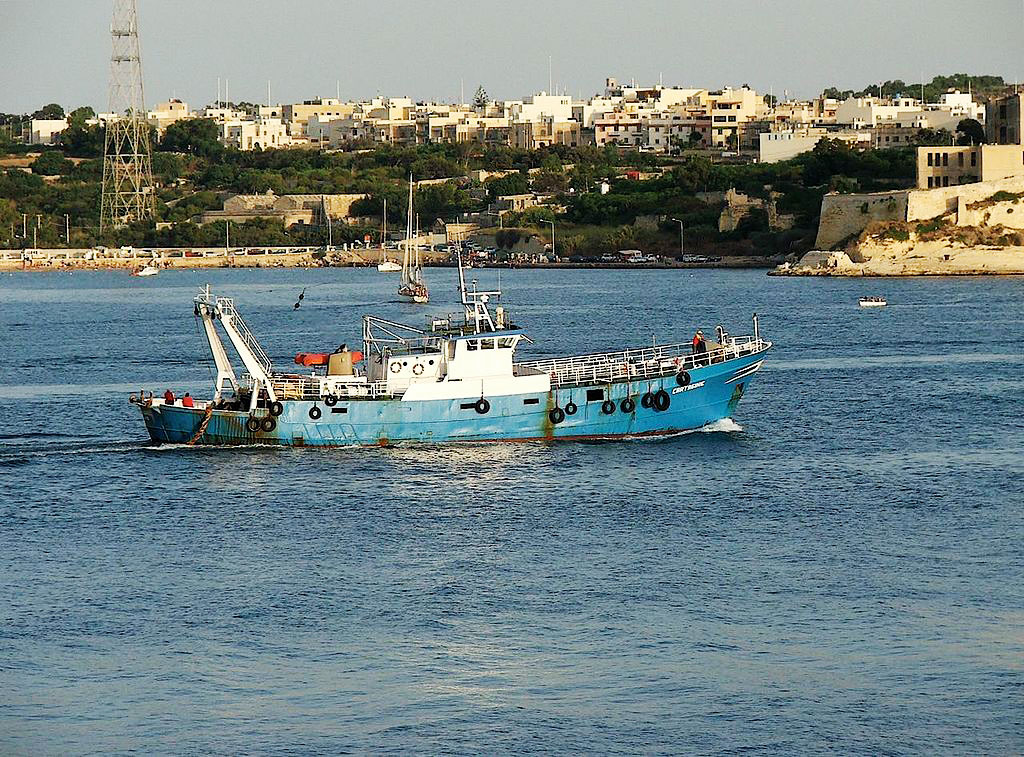
 Geography in the News is an educational series offered by the American Association of Geographers for teachers and students in all subjects. We include vocabulary, discussion, and assignment ideas at the end of each article.
Geography in the News is an educational series offered by the American Association of Geographers for teachers and students in all subjects. We include vocabulary, discussion, and assignment ideas at the end of each article. 